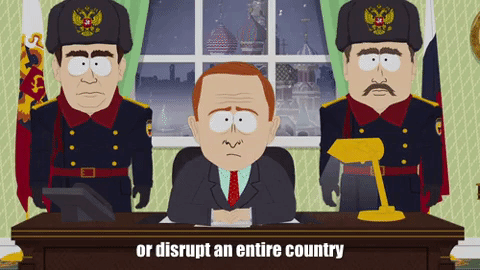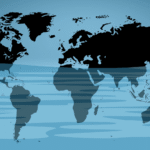Corruption is a pervasive issue that plagues societies around the world.
Disruption undermining trust in institutions, hindering economic growth, and eroding the rule of law. According to Transparency International, corruption costs the global economy an estimated $2.6 trillion annually, with developing countries being hit the hardest. Understanding the impact of corruption is crucial in order to effectively combat this destructive force.
Corruption can take many forms, from bribery and embezzlement to nepotism and cronyism. It distorts markets, stifles competition, and undermines public trust in government. In countries where corruption is rampant, citizens often face barriers to accessing basic services such as healthcare and education, as resources are siphoned off by corrupt officials. Disruption by corrupt governments have far-reaching consequences, perpetuating poverty, exacerbating inequality, and fueling social unrest.

Identifying key strategies for combating corruption is essential in order to address this complex issue. One approach is to strengthen anti-corruption laws and institutions, ensuring that perpetrators are held accountable for their actions. This includes establishing independent anti-corruption agencies, implementing whistleblower protection programs, and promoting transparency in government procurement processes. Additionally, promoting a culture of integrity and ethical leadership is crucial in changing societal norms and attitudes towards corruption.
Leveraging technology for disruption is powerful tool in the fight against corruption. Digital platforms and data analytics can help detect and prevent corruption by increasing transparency, reducing opportunities for graft, and enabling citizens to hold officials accountable. For example, the use of blockchain technology in public procurement can help ensure that funds are allocated efficiently and transparently, reducing the risk of corruption. Similarly, mobile applications can empower citizens to report instances of corruption in real-time, enabling swift action to be taken.
Building a culture of transparency and accountability is key to creating sustainable change in combating corruption. This involves promoting ethical behavior in both the public and private sectors, fostering a culture of openness and honesty, and holding individuals and institutions accountable for their actions. By promoting transparency and accountability, societies can create an environment where corruption is no longer tolerated and where integrity and honesty are valued.

In conclusion, unleashing the power of disruption is essential in combating corruption and promoting good governance. By understanding the impact of corruption, identifying key strategies for combating it, leveraging technology to disrupt corrupt practices, and building a culture of transparency and accountability, societies can work towards a future free from corruption. As Nelson Mandela once said, “It is in your hands to create a better world for all who live in it.” Let us all work together to combat corruption and create a more just and equitable society for future generations.





